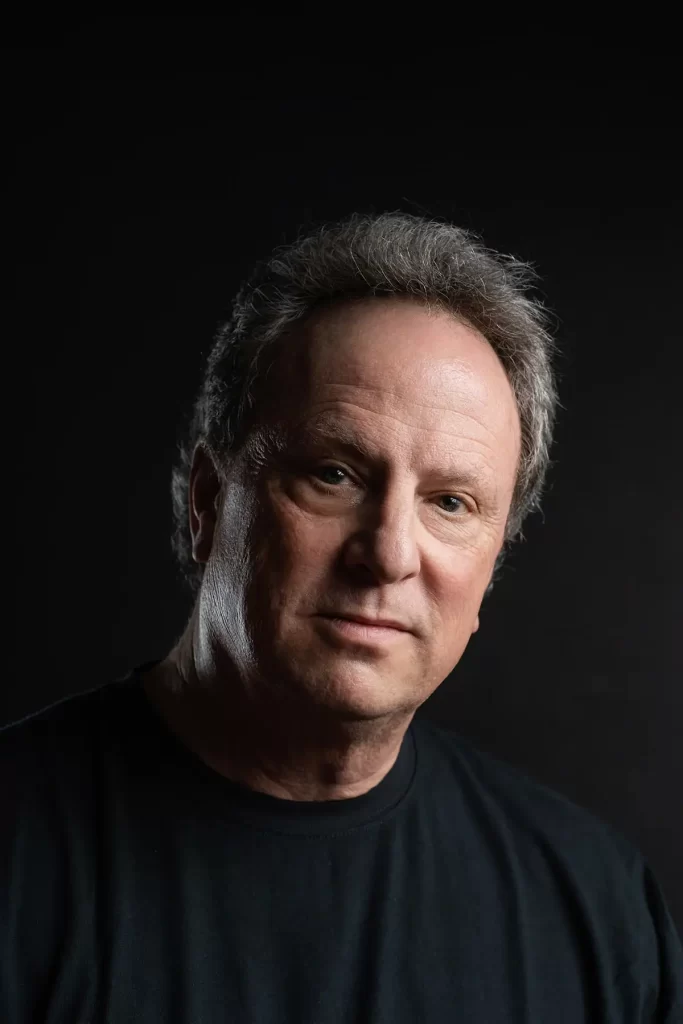Chapter One Excerpts: SIMPLE GIFTS
America was an untrammeled place, a land of virgin forests and high-mountain peaks whose mirror lakes reflected back the heavens. It was place where wild rivers tumbled to the sea-. It was a place of flowing prairies and hidden valleys, a place of miraculous abundance. This was a new world- a world whose music was a symphony of natural sounds heard in the rhythmic drumming of the Ivory Billed Woodpecker, the cry of the wolf, the mourning call of a loon call across a moonlit pond, a thunderclap, the whisper of the wind…. It was the music of a continent in perfect harmony with itself.
For the Native American, this music provided the rhythm, the harmony, and the melody in their lives. A manifestation of spirit, it connected them to the world. It was, the heartbeat of their lives. Native American music was not written down. It was passed from generation to generation experientially, expressing, reflecting, and reinventing their understanding of the natural world and their place in it. To the European ear it was heathen.
Most Europeans thought Native American music to be little more than the high-pitched chants and wild whoops of savages. It was not Christian. It was, however, indigenous. It came from the land and a people’s relationship to it. Such was not the case with the first music that traveled across the sea from England and elsewhere on the European continent….
***
….. Arriving in America in 1774, the tiny band of Shakers was but a handful of fervent believers. They settled in upstate New York and, but for the help of the Native Americans whom they met, probably would not have survived their first winter. By 1849, the Shakers had built 19 utopian communal settlements in Kentucky, Ohio, and throughout New England, attracting more than 20,000 converts.
While known for their master craftsmanship, their greatest legacy was their music. The natural result of a faith in which an individual relationship with God is fundamental, music and dance became their method of communion. For Shakers, music and dance were acts of prayer. Their need and desire unknowingly reflecting a nearly identical need to their Native Americans hosts. As an outgrowth of the practice of “spirit possession,” Shaker songs were spontaneously sung—created, performed, and then written down. Their faith had no need for composed hymns. The manifestation of original songs and dances were their connection to God.
Shakers created a body of songs perhaps unmatched in the canon of American music. In 1837, during the Shaker “awakening” revival, more than 3,000 songs originated from just one Shaker community in Lebanon, New York. “The Shaker Spiritual” recounts the tale of a young girl lying on the floor, “some length of time with her hands in motion, sung a beautiful new song and before ten o’clock she sang two more new songs. Soon after this she was taken to the office being stiff and helpless; after this she sung another new song and by eleven o’clock she come to, so that she was able to go home.”
The most enduring and iconic song received by “mediums” during this revival period was “Simple Gifts.” Today, few songs can match its mythical stature and spiritual grace. It is a poem, a dance, and a prayer. It is what a song is meant to be.
Tis the gift to be simple,
Tis the gift to be free;
Tis the gift to come down where we ought to be;
And when we find ourselves in the place just right,
Twill be in the valley of love and delight.
When true simplicity is gained,
To bow and to bend we shan’t be ashamed
To turn, turn will be our delight,
Till by turning, turning, we come round right.
The exact origin of “Simple Gifts” remains a mystery. Born of a spiritual community that embraced both African and Native Americans, the song is believed to have been given by a “negro spirit” at the Canterbury, Connecticut Shaker community. It has since been most associated with a gifted Shaker singer, Elder Joseph Brackett of the Sabbathday, Maine community who, according to reports of the day had a “remarkable and natural gift to sing by which he would fill the whole assembly with the quickening power of God.”
The melody of “Simple Gifts” remains one of the most recognized and beloved the world over. It has been adapted by numerous religious denominations and can be found in most hymnals. The song has been sung and performed continuously since it first appeared. It is, for instance, the central theme to Aaron Copland’s classical score, “Appalachian Spring.” Many people know the tune as “Lord of the Dance.” Composers, songwriters, and singers in pop, rock, jazz, classical, and folk continue to be drawn to it. In 2009, after more than 150 years, the tune was incorporated into the composition “Air and Simple Gifts,” arranged by John Williams for the occasion of the inauguration of the first Black President of the United States, Barack Obama.

